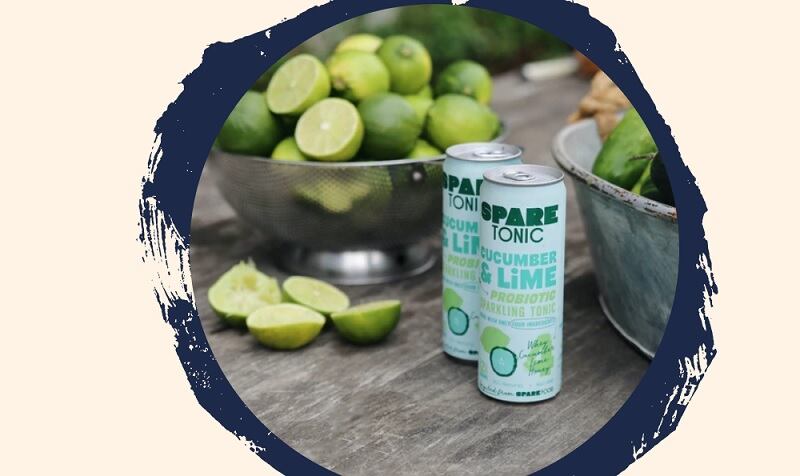“That’s what sets us apart, our mission to reduce food waste by creating a delicious, healthful product, and in the process eliminate climate-destructive waste, and support a regional food system of farmers, producers and vendors,” says Jeremy Kaye, CEO and cofounder of The Spare Food Co.
The company – which launched its inaugural line of Spare Tonics last April – is both passion project and family enterprise. Kaye is joined by his brother Adam Kaye, former culinary director and educator at New York’s acclaimed Blue Hill at Stone Barns farmstead restaurant.
Keeping it in the region
Based in New York’s Hudson Valley, the brothers source their whey just downriver in Brooklyn from The White Moustache, which makes its Greek yogurt with milk from the Hudson Valley Fresh Dairy cooperative of family farms.
“Around 70 percent of strained yogurt consumed in the US is produced in New York State,” Kaye says. This process generates more than one billion pounds of whey a year that is otherwise discarded into the environment and toxic if not neutralized.
The whey is then processed back upstate at the River Outpost Brewing Co. in Peekskill into 12-ounce cans containing 85 to 90 percent whey, fruit, spices, honey and carbonation. Flavors include lemon and ginger, cucumber and lime, blueberry and ginger, and peach and turmeric, with new combinations ready for Spring.
The tonics first appeared in the refrigerated beverage sections of local specialty food stores Murray's Cheese, Eataly and Local Roots. Listings with online grocers Fresh Direct and Imperfect Foods followed in the fall, expanding distribution to 21 states. Sales are up nearly 450 percent since launch, Kaye says.
Ancient elixir meets modern upcycling movement
Hippocrates, the father of modern medicine, first prescribed whey as an immune-boosting serum and digestive aid in ancient Greece. In the 17th century, it was served as a fashionable health drink in whey bars and spas across Europe, reemerging as a workout supplement in the last century.
“There are very few products using upcycled whey to create a beverage and almost none that have the nutritionally rich profile of Spare Tonic using only four real ingredients,” Kaye explains. Whey, the liquid remaining after milk has been curdled and strained, is a good source of probiotics, protein, potassium, magnesium, calcium, and vitamins B-12 and B-6.
Beyond developing new products, The Spare Food Co. works closely with similarly minded organizations like the Food Reduction Alliance, Food Tank, ReThink Food NYC and Matriark towards a post-food waste future. Adam sits on the board of the Upcycled Food Association, which recently released its Upcycled Certified label to identify authentic upcycled products.
Rescuing food also presents significant revenue opportunities. In 2019, Future Market Insights valued the upcycled food market at $46.7 billion with a predicted compound annual growth rate of 5 percent over the next 10 years.

